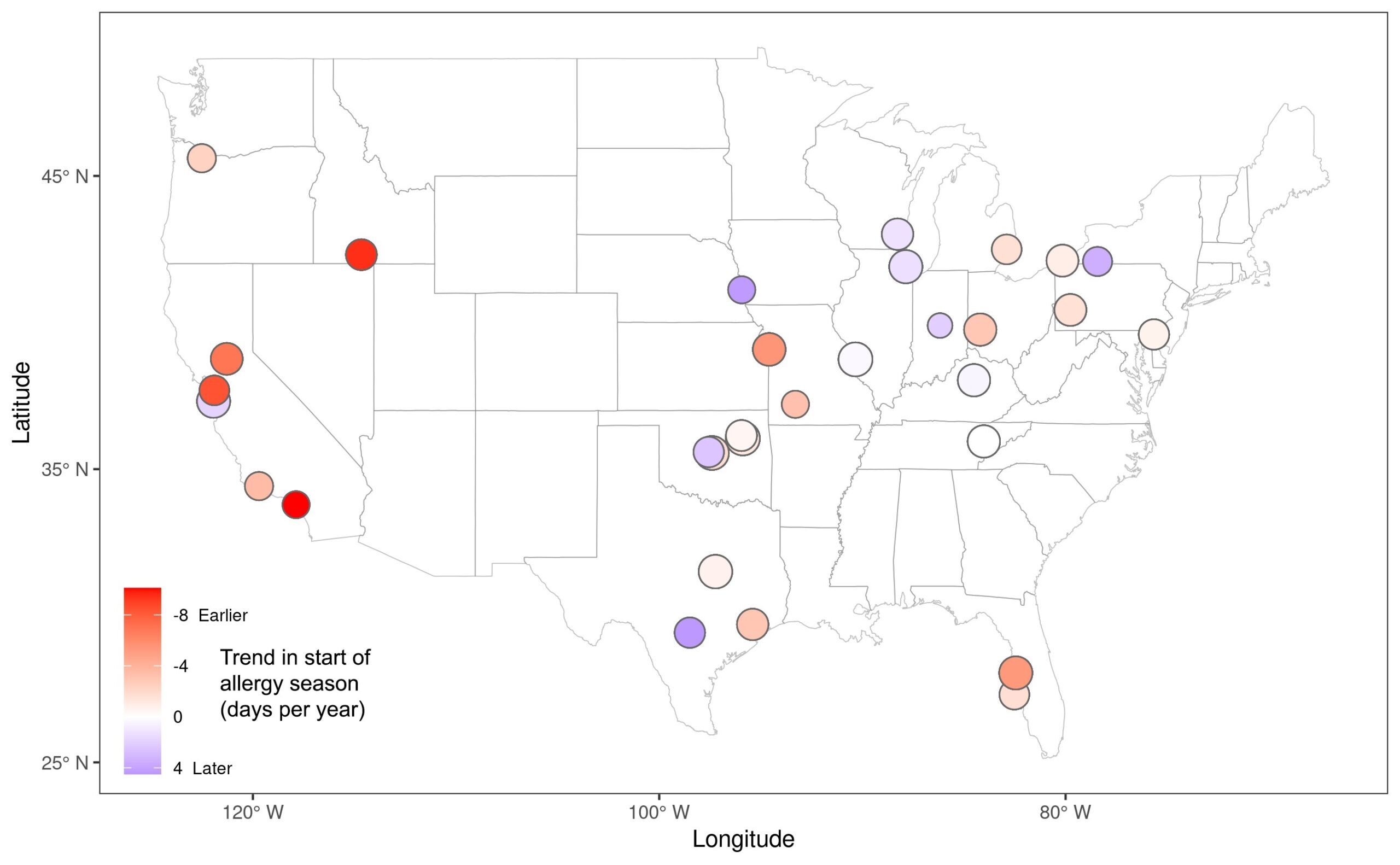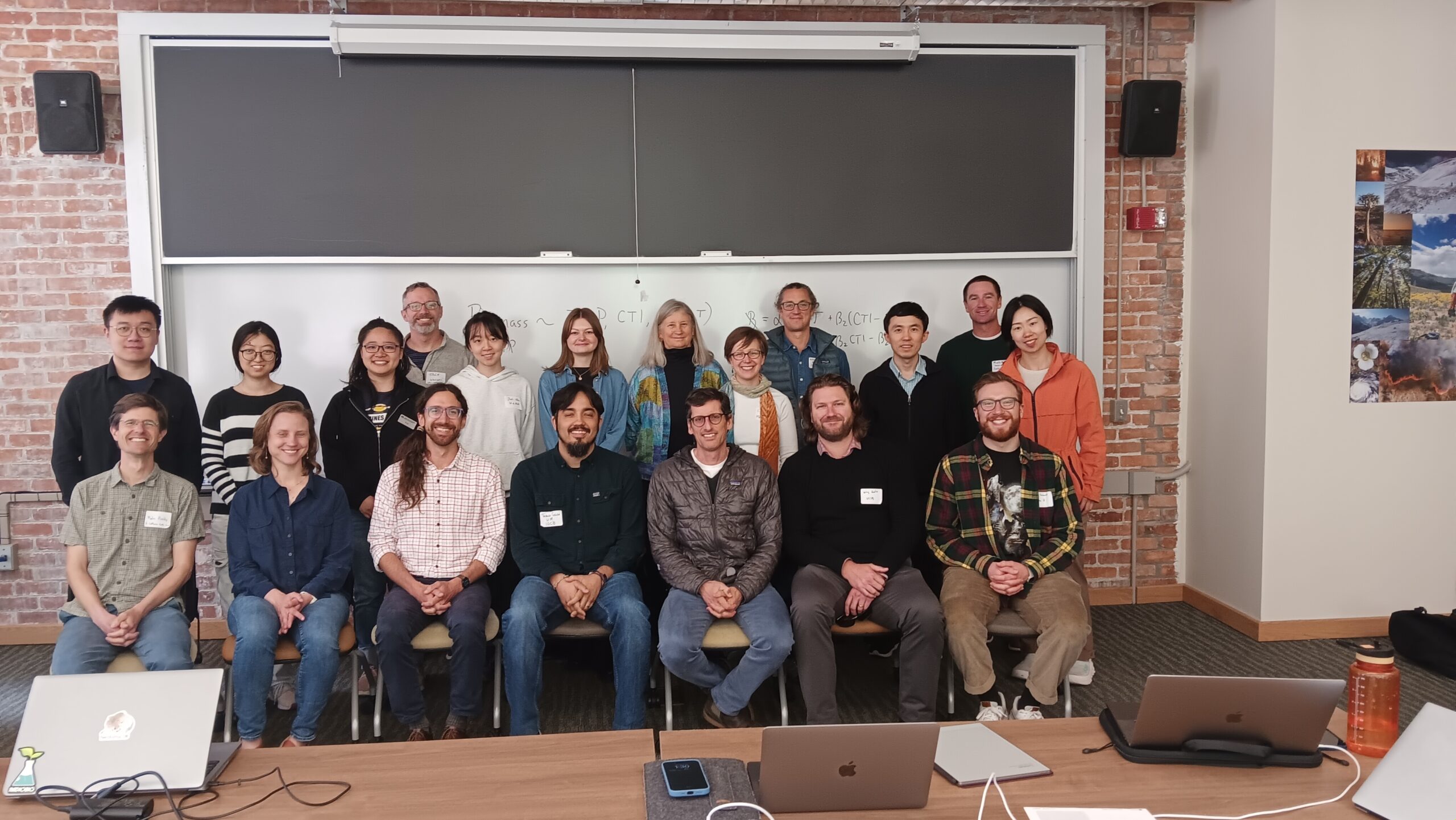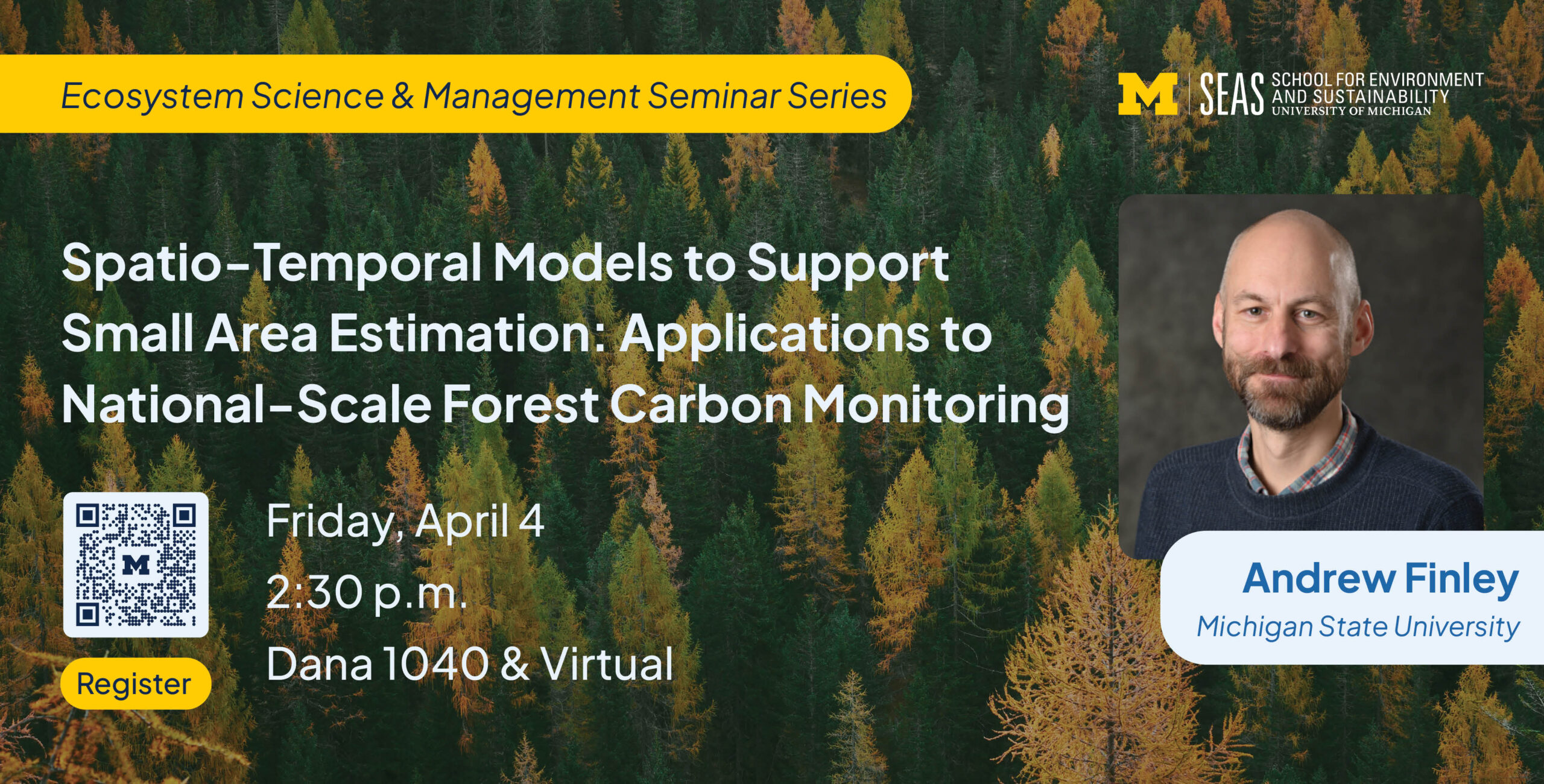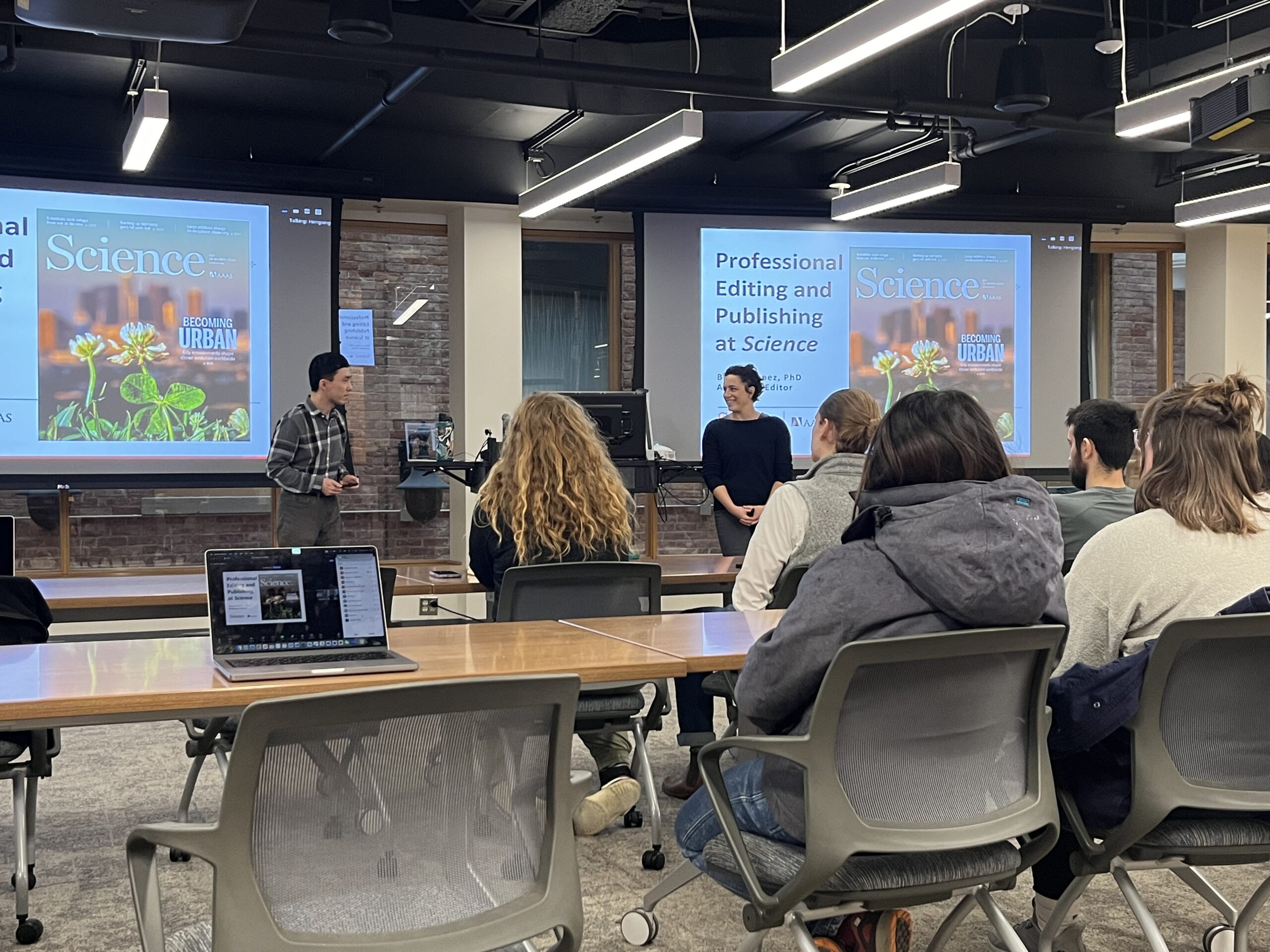Clara and Kai, along with co-authors at Stanford University, published an article in the Journal of Ecology which demonstrates that climate change affects grassland soil microbial communities primarily through the legacy effects of fire and shifts in plant community composition.
Qin, C., Zhu, K., Chiariello, N. R., Field, C. B., & Peay, K. G. (2019). Fire history and plant community composition outweigh decadal multi‐factor global change as drivers of microbial composition in an annual grassland. Journal of Ecology, 00, 1–15. https://doi:10.1111/1365-2745.13284.
This study was based on soil samples from the Jasper Ridge Global Change Experiment, where ambient and elevated levels of CO2, temperature, precipitation, and nitrogen deposition had been applied in a full-factorial design to a California grassland since 1998. While the authors initially set out to identify the effects of these treatments on soil microbial communities, they discovered that fire history and plant community composition actually have stronger impacts on the composition of soil microbial communities. Their results highlight the importance of relatively unpredictable variables in regulating soil microbial communities.









